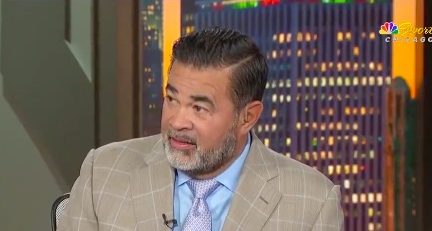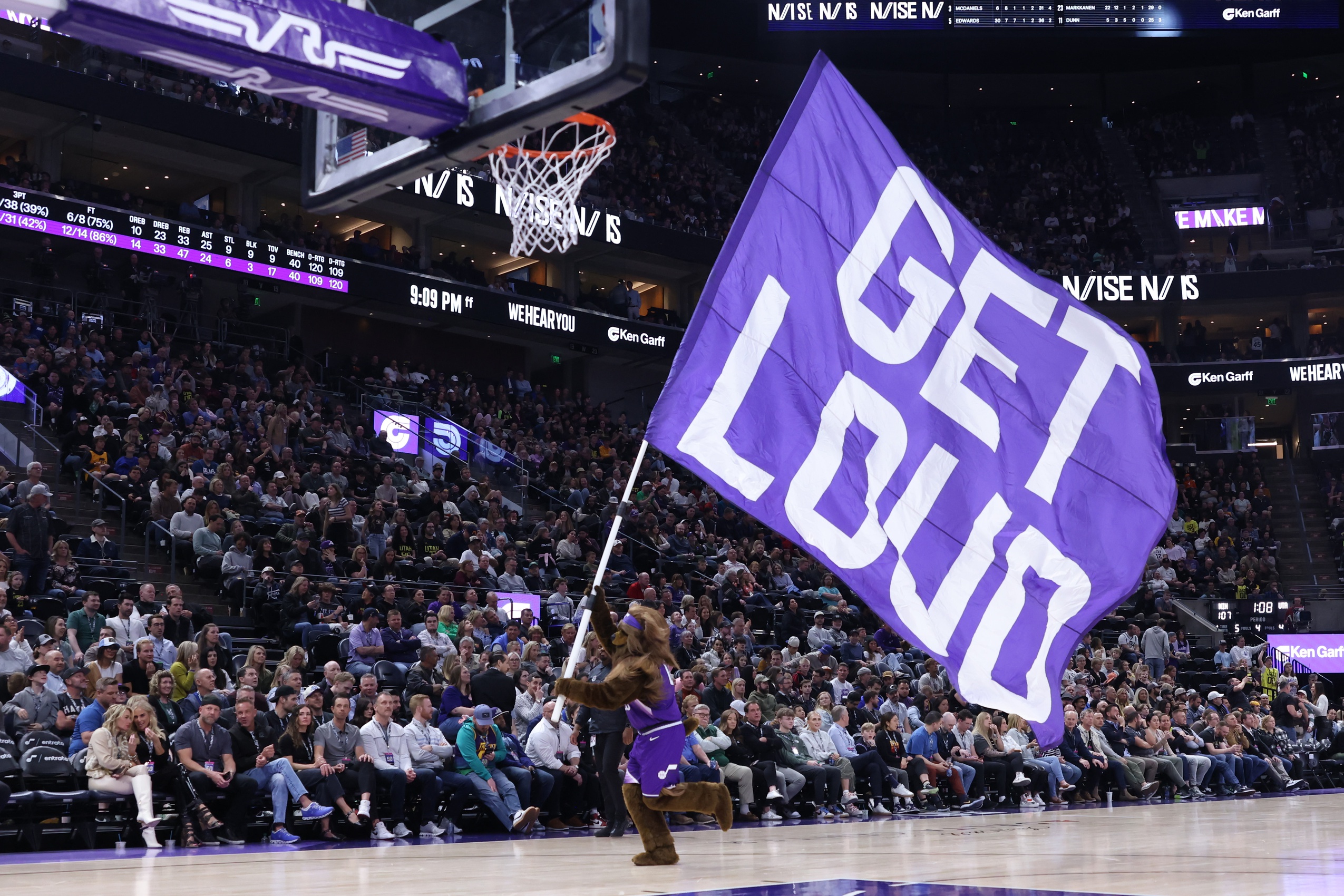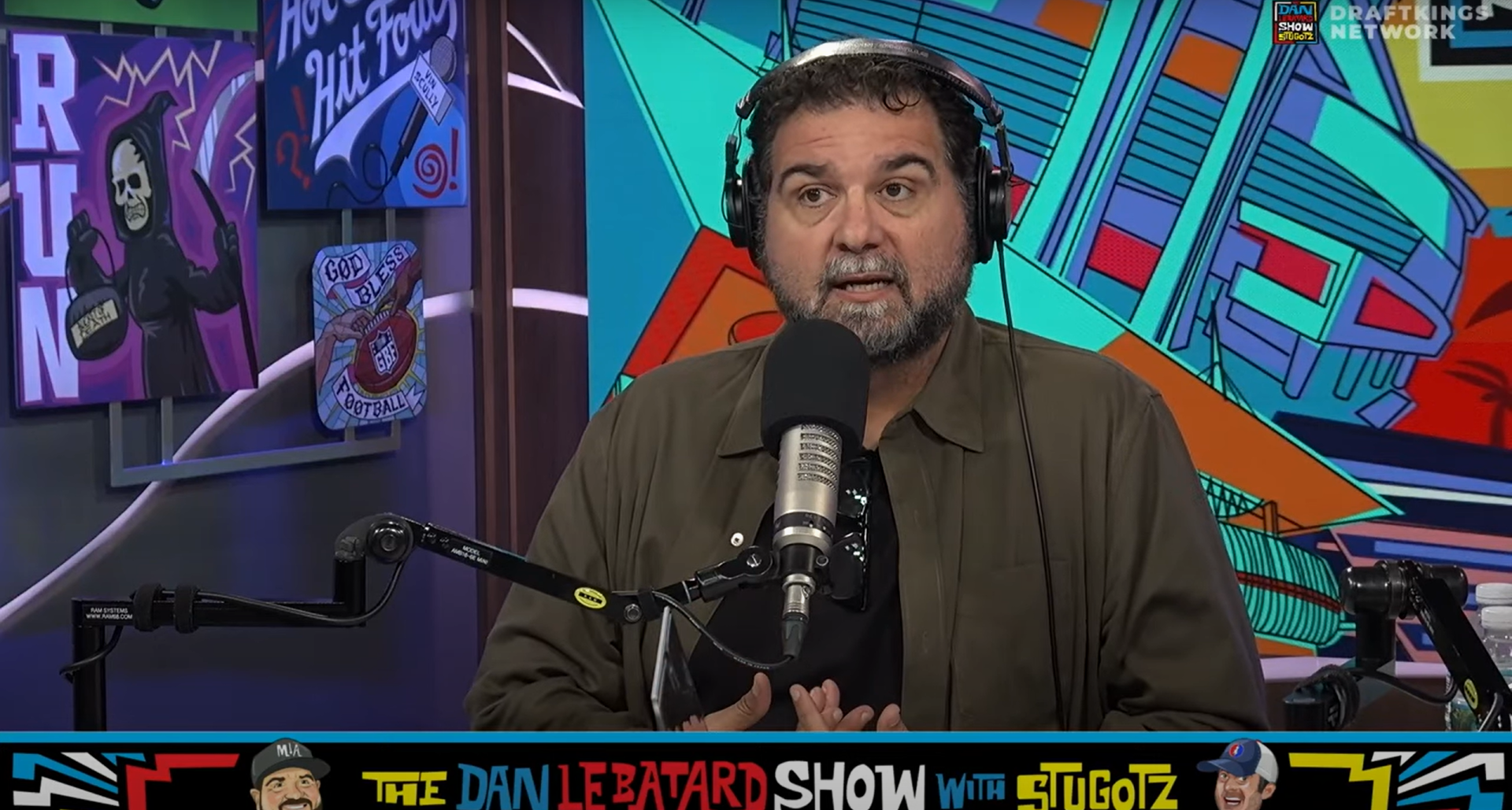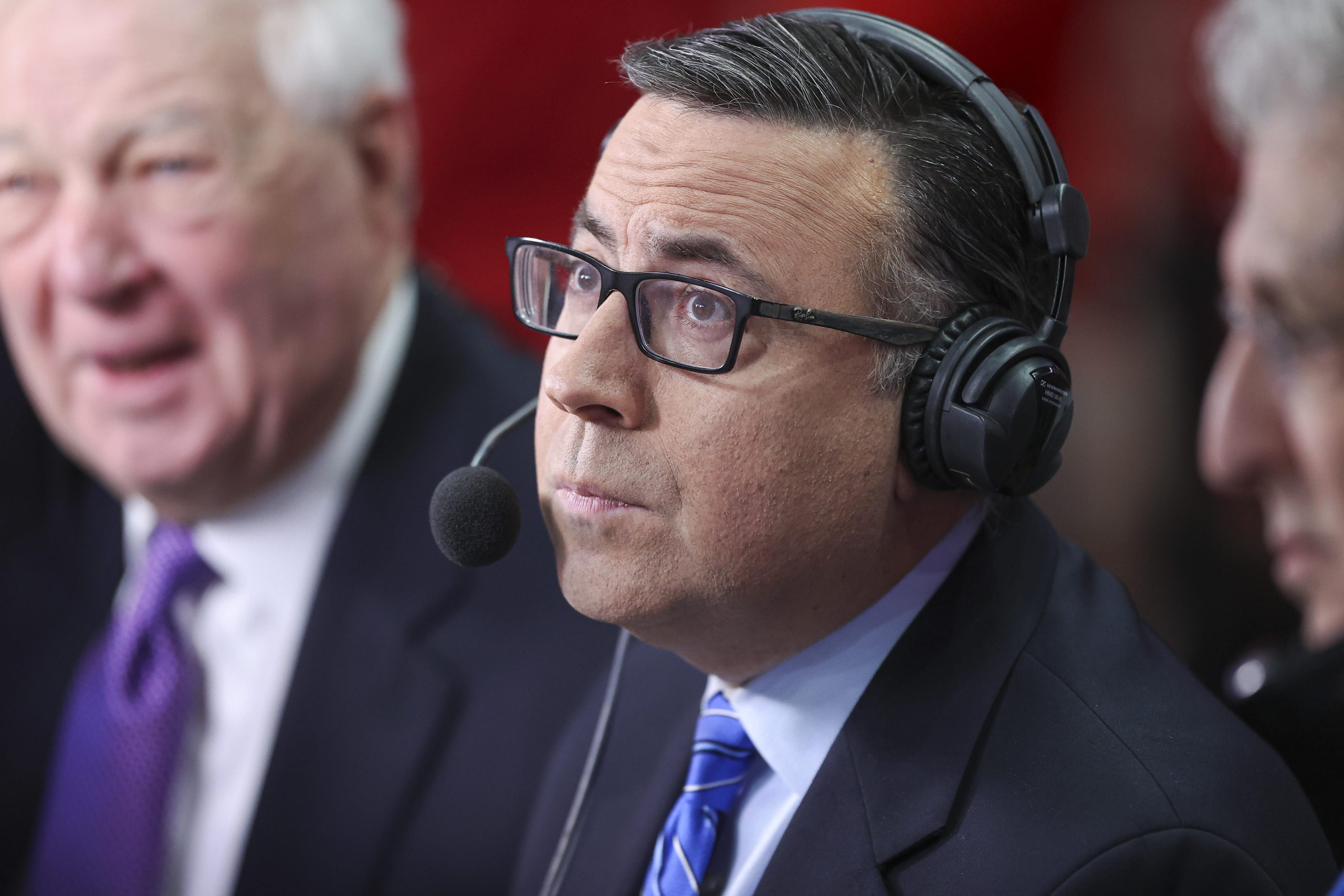While The Last Dance has received strong reviews and viewership numbers, it’s drawn some flak for its portrayals of figures like Jerry Krause and Isiah Thomas. Some of that comes from the documentary’s heavy focus on Michael Jordan and his perspective, with Jordan’s production company even being involved as a partner. And it’s that last aspect that’s particularly bothered famed documentarian Ken Burns (seen above), who offered some criticism of that approach to Chris Kornelius of The Wall Street Journal:
But he has yet to watch ESPN’s popular Michael Jordan documentary series The Last Dance. The series counts the basketball great’s production company as a partner, an arrangement Mr. Burns says he would “never, never, never, never” agree to. “I find it in the opposite direction of where we need to be going,” he says.
“If you are there influencing the very fact of it getting made it means certain aspects that you don’t necessarily want in aren’t going to be in, period,” he says. “And that’s not the way you do good journalism…and it’s certainly not the way you do good history, my business.”
On some levels, Burns makes valid points here. The Last Dance‘s connections to Jordan and his production company should absolutely be kept in mind by viewers, and it’s worth viewing the documentary critically and considering whose views are and aren’t represented in it. And there is a significant difference between documentaries made with the partnership of subjects and ones made without that kind of partnership, and the projects that Burns has done (including his Baseball series) are notably different from The Last Dance in some respects. And it’s understandable why Burns finds this “the opposite direction of where we need to be going,” as it’s so far from his usual approach.
But at the same time, The Last Dance is far from the only project that’s involved a subject’s production company; many all-access series have done that, especially with NBA players. And many documentaries focused on one particular subject have seen some criticism for their focus on the subject’s perspective, even without that subject’s company being involved. And while The Last Dance certainly does show off a lot of Jordan’s perspective, it isn’t necessarily always taking his side.
And when it comes to a notoriously-controlling figure like Michael Jordan, the debate may not be “would it be better to have a documentary on this without Jordan’s company’s involvement?”, but rather “is it better to have The Last Dance than nothing?” It’s tough to see Jordan participating in an independent documentary on this, and it’s tough to see a documentary on this season working well without his participation. This isn’t a broadly-focused film like Baseball, where anyone who declined could easily be compensated for with other interviews; a 97-98 Bulls documentary without Jordan would be missing a key component. So while The Last Dance certainly comes with some important context on Jordan’s participation and perspective, it’s not necessarily without value just because his production company was involved.
And viewers don’t have to take Jordan’s comments as gospel, or even take The Last Dance as a whole as a definitive summation of how things were. It’s offering numerous perspectives on what did happen, and there’s some value to having those perspectives out there. Would it be better still from an ethics point of view to have a totally-independent documentary on this without Jordan’s production company? Sure, but that theoretical documentary probably wouldn’t include Jordan and probably wouldn’t get made.
In some respects, this is similar to some of the debates that have sprung up around athletes’ presentation of their own content through outlets like The Players’ Tribune, Uninterrupted, and (in a slightly different way) as-told-to first-person narratives in existing media outlets. There’s obvious value to these athletes’ stories and perspectives, especially when they come with breaking news, as various traffic records have shown. And it makes sense for athletes (present or past) to try and get in on the financial side of their story, and perhaps even to try and present it how they want. And even the “neutral” documentaries haven’t always been well-received by their subjects. So there’s some logic to athletes like Jordan pushing for involvement in documentaries telling their story, including on the production end.
But there’s also logic to Burns’ criticisms. And they go to show that the field of “sports documentaries” has a lot of wildly different films, from those that are totally independent from their subjects to those that give subjects and their companies involvement. And both of those can have some merit, especially as adherence to the totally-independent standard would probably mean we wouldn’t get many sports documentaries (and those we would get might be missing some key participants).
It’s understandable why Burns isn’t thrilled with the construction of The Last Dance, and his points should be considered by viewers. But everything, including independent documentaries, should be watched critically, and with consideration of whose perspectives are shown and whose perspectives aren’t. And just because Burns has some concerns about how The Last Dance was constructed doesn’t mean that his comments are the definitive word on the subject.







